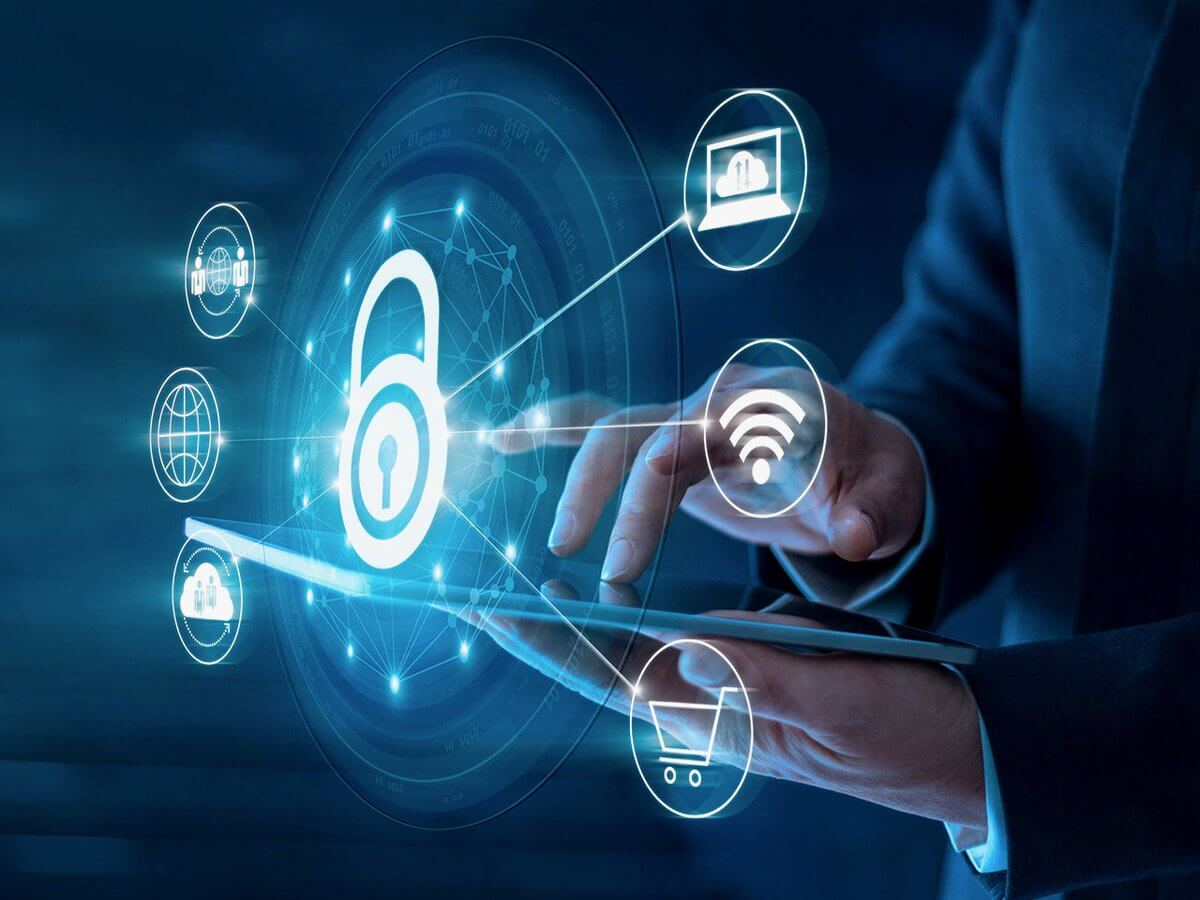How to protect yourself against identity theft
Malware and powerful virtual servers
One of the most classic techniques is malware. Hackers host viruses in documents attached to emails or available on the Internet under the name of a guide or book. The goal is for you to download this document and store it on your computer or phone so that the virus can install itself and steal your information. This information can include bank details, passwords for different accounts, among other data.
There are different ways to protect yourself from viruses. If you have a website, you can hire powerful virtual servers. This way, if someone tries to attack your website, only one of these virtual servers can be damaged and the others will continue to work and still have the information (as a kind of backup) that the cybercriminal has modified or deleted to erase his traces.
Phishing
This is a technique that is unfortunately very common in recent years, which consists of attacks whose main purpose is to steal money from you.
Phishing is characterized by sending emails with a link to a fake website of a bank or government institution where bank details are collected. These emails usually describe a situation or “urgent problem” in order to direct you to the website and fill out a form with your personal information. There are several general tips for avoid hacking :
- No bank or official institution will ask you for personal data by mail. This is a direct sign that they are trying to hack you.
- Look for details: although many of these emails look official, there is always a detail in the logo, signature or spelling that helps you identify an attempted attack.
- If something seems strange or suspicious, do not download any of the documents attached to the email or the link in it.
- Do not send personal information in an email.
- Use the anti-spam filter of the internet browser or a spam filter software.
Public Wi-Fi networks
This is a more complicated but equally common method of hacking public WIFI networks. These networks do not have the same security system as private networks and are therefore more vulnerable to cyber-attacks. Hackers infiltrate the network and can access devices that are also connected to this WIFI, and can therefore view and use your data.
The best way to protect yourself from this is not to connect to a public network or to a network that does not have a password.
It is necessary to be well informed in order to best recognize and prevent cyber-attacks and hacking. Furthermore, these attacks should not be underestimated and should be recognized as a crime, just like theft and fraud. You should file a complaint directly with the police station near your home.



